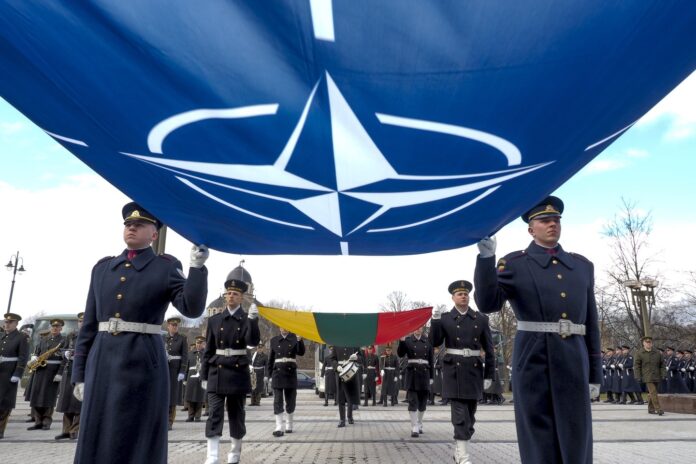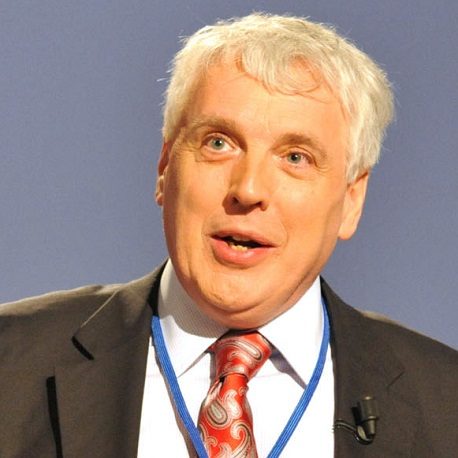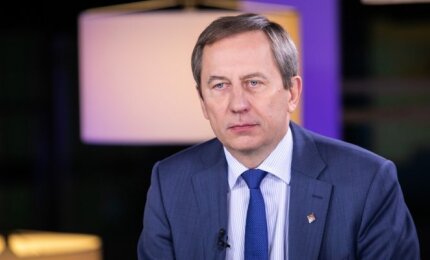
One of the most important events for Lithuania this year will be the NATO Summit in July. Vilnius will host the world’s most powerful military bloc leaders. Lithuania has already started to speak up about its goals for the summit. In January, Prime Minister Ingrida Šimonytė said the main ambition is for Ukraine to be the winner of this meeting. In Brussels, the key objectives are taking shape: practical and political support for Ukraine, harder commitments to raise military spending, and maintaining as well as strengthening deterrence policy, particularly on NATO’s eastern flank.

Jamie Shea, former NATO Assistant Secretary General told Lithuanian media that although the host country has a voice regarding the agenda, a coalition of countries is needed to influence it. Leading up to the summit, Lithuania is seeking a commitment from its allies to continue to provide military support to Ukraine, and also to strengthen political cooperation, to make it even clearer that NATO’s door is open for Kyiv.

Peter W. Brorsen, head of RUSI Europe, a Brussels-based defence and security thinktank (Royal United Services Institute), notes that there won’t likely be any major decisions on Ukraine’s NATO membership in Vilnius. NATO’s relations with Ukraine are already on a very good track and membership commitments can be expected after the war. There are discussions being held about Ukrainian MPs being observers in the European Parliament (EP), as well as continued visits, and this is where Ukraine should concentrate its efforts.
Shea agrees, and points out that NATO offers two formats of cooperation: a country can be a full member or a partner. Ukraine has just joined the NATO Cyber Defence Centre of Excellence. More can be done to bring Ukraine into the NATO ecosphere, various centres of excellence, and agencies, said Shea, adding that NATO does not have an “associate” membership.
He suggests that the Vilnius Summit could be an ice-breaker for the long-standing conflict over the NATO-Ukraine Commission. This is a format for strengthening cooperation that was in place until 2017, when Hungary suspended regular meetings at ministerial level. According to Budapest, it is a response to an education law adopted in Ukraine that allegedly violates the rights of the country’s Hungarian minority. “I think that a good deliverable for Vilnius would be if the allies agreed with Hungary to go back to normal meetings. This would be an important symbol of a return to normality,” Shea says. It is also important to reiterate the commitments already made to provide long-term support to Ukraine’s armed forces once the war is over and to keep the “open door” for Ukraine’s eventual membership in the alliance.

At the 2014 NATO summit in Wales, the allies set a target of raising defence spending to the target of 2 percent of GDP within a decade, with 20 percent of the budget going towards the purchase of new equipment. Some countries now believe that the target set during peacetime should be updated in view of a war in Europe. Lithuania is aiming for 2 percent as an absolute minimum. However, there is some talk in the background of a more ambitious 3-percent benchmark. Lithuanian Ambassador to NATO Deividas Matulionis says now is the time to increase defence budgets. “Financing defence and strengthening defence and deterrence are interlinked. If there is money, there will be more serious commitments, more technical and other means. The issue is very relevant for some countries.”
Shea agrees that the increase in defence funding is necessary not only to help Ukraine’s military in the future, but also to replenish NATO’s war-ravaged equipment and ammunition depots and to strengthen capabilities across the alliance, including the eastern flank. “As we know, NATO’s ambition is to increase the rapid response troops from 40,000 to 300,000. Converting battalions into brigades is going to cost money as well.”
The 2022 NATO Summit in Madrid adopted a series of decisions that should strengthen the defence of the eastern flank. More decisions in the same direction are expected in Vilnius. According to Matulionis, one of the most important objectives at the Vilnius Summit is that the decisions made in Madrid will be implemented.
But certain countries, including Germany and France, have yet to prove their readiness to defend NATO’s eastern flank. Brorsen says it is too early to predict what specific commitments NATO will give to its eastern flank, and decisions will also depend on the battlefield situation in Ukraine. The future of Sweden and Finland’s membership will also be important. In his view, by the Vilnius summit Finland will be welcomed into the alliance.
The only problem is that almost 10 years later, many countries have still not delivered on their 2014 commitments. Official NATO statistics show that only nine out of 30 countries reached the 2-percent threshold by 2022. The major European allies – France, Germany, Italy, Spain – are not among them. As to their pledge to spend 20 percent of defence spending on new equipment, only five members fall short of this commitment: Belgium, the Czech Republic, Canada, Portugal and Slovenia, according to official NATO figures for 2022. Germany, he notes, plans to commit an additional 100 billion euros, France has also come forward with new commitments. (From a Feb. 1 report by Mindaugas Laukagalis and Justina Ilkevičiūtė, LRT.lt)



























